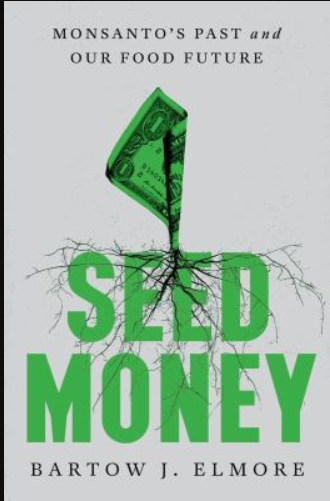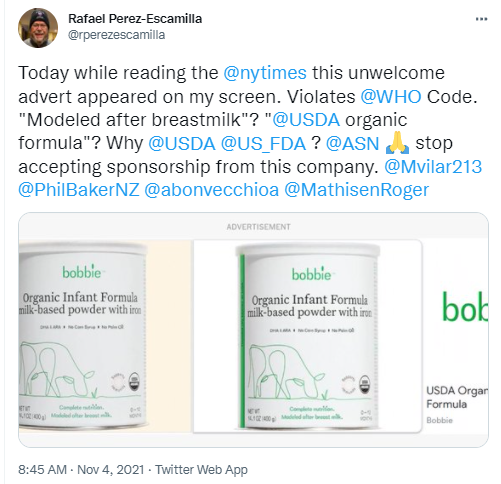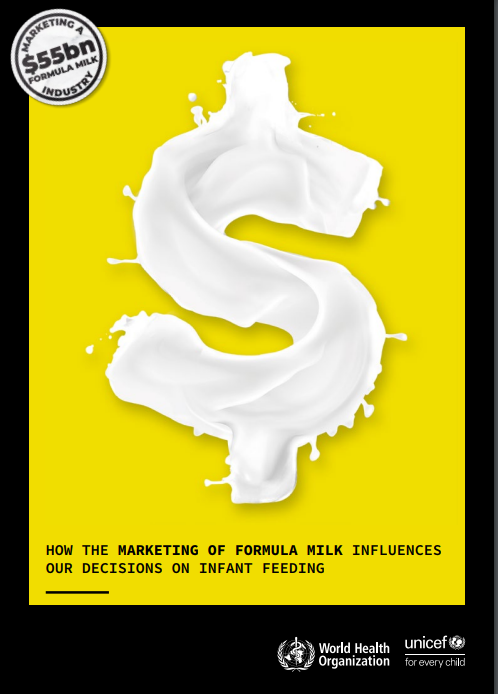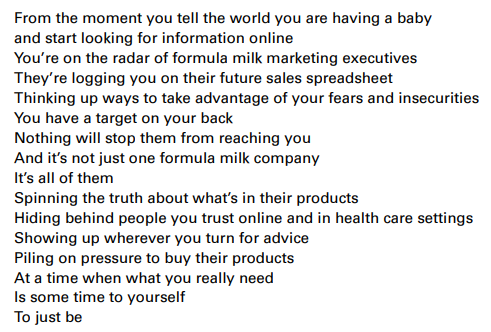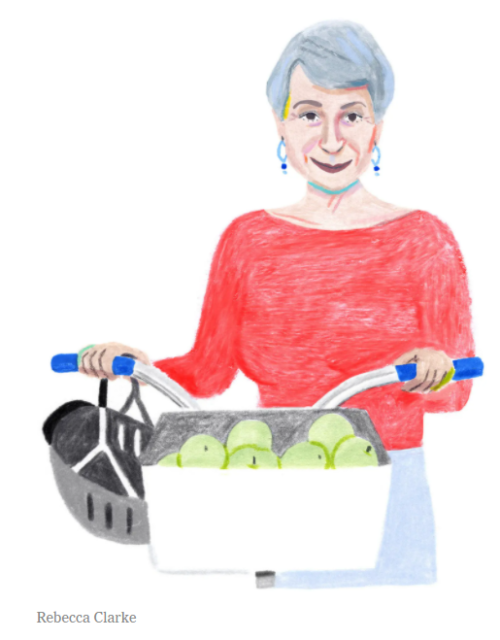I learned about this one from an article—no, it’s an ad really—in NutraIngredients.com.
Its headline: “Large new study validates krill oil’s heart health benefits.”
Heading the page is this note:
CONTENT PROVIDED BY AKER BIOMARINE SUPERBAKrill Learn More
I clicked on Learn More and got a disclaimer, the first time I have seen something like this:
The following content is provided by an advertiser or created on behalf of an advertiser. It is not written by the NutraIngredients.com editorial team, nor does it necessarily reflect the opinions of NutraIngredients.com.
OK. Now we know that the entire article is an ad paid for by the maker of the product under discussion.
What about the research?
The study: Effectiveness of a Novel ω-3 Krill Oil Agent in Patients With Severe HypertriglyceridemiaA Randomized Clinical Trial. Dariush Mozaffarian, MD, DrPH1; Kevin C. Maki, PhD2,3; Harold E. Bays, MD4; et alFernando Aguilera, MD5; Glenn Gould, MD6; Robert A. Hegele, MD7; Patrick M. Moriarty, MD8; Jennifer G. Robinson, MD, MPH9; Peilin Shi, PhD1; Josefina F. Tur, MD10; Jean-François Lapointe, PhD11; Sarya Aziz, PhD11; Pierre Lemieux, PhD11; for the TRILOGY (Study of CaPre in Lowering Very High Triglycerides) investigators. JAMA Netw Open. 2022;5(1):e2141898. doi:10.1001/jamanetworkopen.2021.41898
Method: The investigators pooled data from two previous trials of people given Krill oil or a cornstarch placebo for 26 weeks.
Results: “This study found that ω-3 –PL/FFA, a novel krill oil–derived ω-3 formulation, reduced TG levels and was safe and well tolerated in patients with severe hypertriglyceridemia.”
Funding/Support:The study was sponsored by Acasti Pharma Inc. [Acasti partners with Aker to make Krill oil]
Role of the Funder/Sponsor: The sponsor collaborated with the academic principal investigator (Dr Mozaffarian) in the design and conduct of the study, interpretation of the data, and review and suggestions for editing of the manuscript. The sponsor collaborated with the academic principal investigator and an independent contract research organization (IQVIA) in study implementation, data collection, and management. The sponsor had no role in the analysis of the data or the decision to submit the manuscript for publication.
Conflict of Interest Disclosures: Dr Mozaffarian reported serving as a consultant for Acasti Pharma Inc as principal investigator of this trial; receiving research funding from the National Institutes of Health, the Gates Foundation, and the Rockefeller Foundation; personal fees from Barilla, Cleveland Clinic Foundation, Danone SA, and Motif FoodWorks; chapter royalties from UpToDate; serving on the scientific advisory board of Beren Therapeutics PBC, Brightseed, Calibrate, DayTwo (ended June 2020), Elysium Health, Filtricine Inc, Foodome Inc, HumanCo, January, Perfect Day Inc, Season, and Tiny Organics; and holding stock ownership in Calibrate and HumanCo outside the submitted work. Dr Maki reported receiving research grants from and consulting for Acasti Pharma Inc and Matinas BioPharma Holdings Inc, and receiving research funding from Indiana University Foundation, Pharmavite, Novo Nordisk A/S, General Mills Inc, The Kellogg Company, and PepsiCo Inc, and consulting for 89bio Inc, and NewAmsterdam Pharma outside the submitted work. Dr Bays reported receiving research grants from Acasti Pharma Inc. Dr Aguilera reported receiving research grants from Acasti Pharma Inc. Dr Gould reported receiving research grants from Acasti Pharma Inc. Dr Hegele reported receiving research grants from Acasti Pharma Inc and personal fees from Akcea-Ionis, Amgen Inc, Arrowhead Pharmaceuticals, HLS Therapeutics Inc, Novartis International AG, and Pfizer Inc outside the submitted work. Dr Moriarty reported receiving research grants from Acasti Pharma Inc. Dr Robinson reported receiving research grants to the institution from Acasti Pharma Inc, Amarin Corporation, Amgen Inc, Astra-Zeneca, Eli Lilly & Co, Esperion Therapeutics Inc, The Medicines Company, Merck & Co Inc, Novartis International AG, Novo Nordisk A/S, and Regeneron Pharmaceuticals Inc, and consulting fees from COR2ED, Getz Pharma Limited, The Medicines Company, and Novartis International AG. Dr Shi reported consulting for Acasti Pharma Inc for performing statistical analyses on this trial. Dr Tur reported receiving research grants from Acasti Pharma Inc. Dr Lapointe reported owning stock or stock options in Acasti Pharma Inc. Dr Aziz reported owning stock or stock options in Acasti Pharma Inc. Dr Lemieux reported serving chief operating officer/chief strategy officer of Acasti Pharma Inc during the conduct of the study and outside the submitted work and holding a patent for CaPre. No other disclosures were reported. [My emphasis]
Comment: You can’t make this stuff up.
Reference: For research on why and how industry sponsorship can influence study outcome, see Unsavory Truth: How Food Companies Skew the Science of What We Eat.
